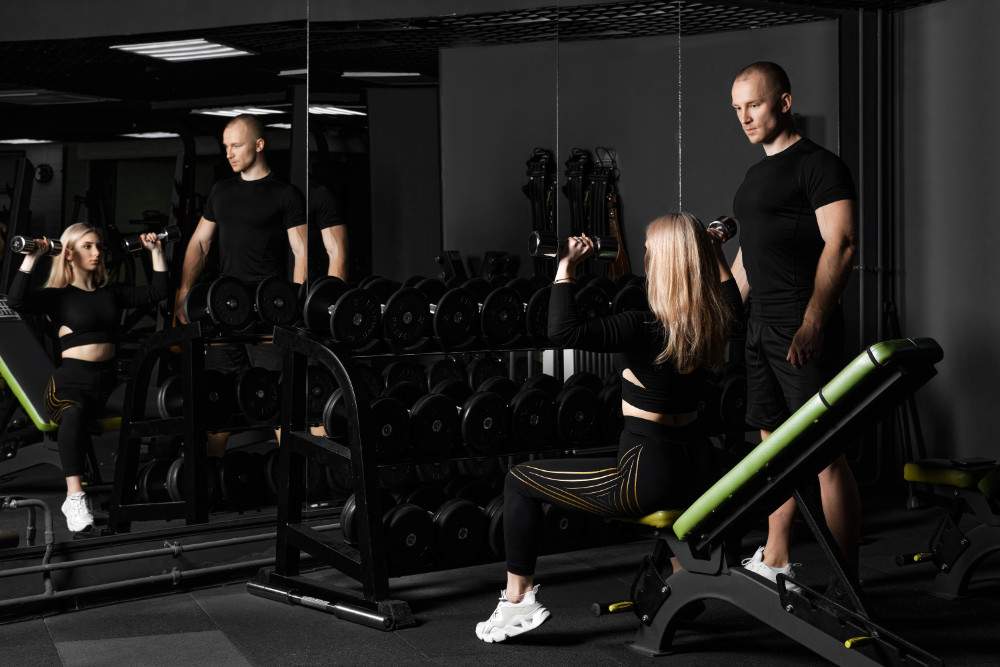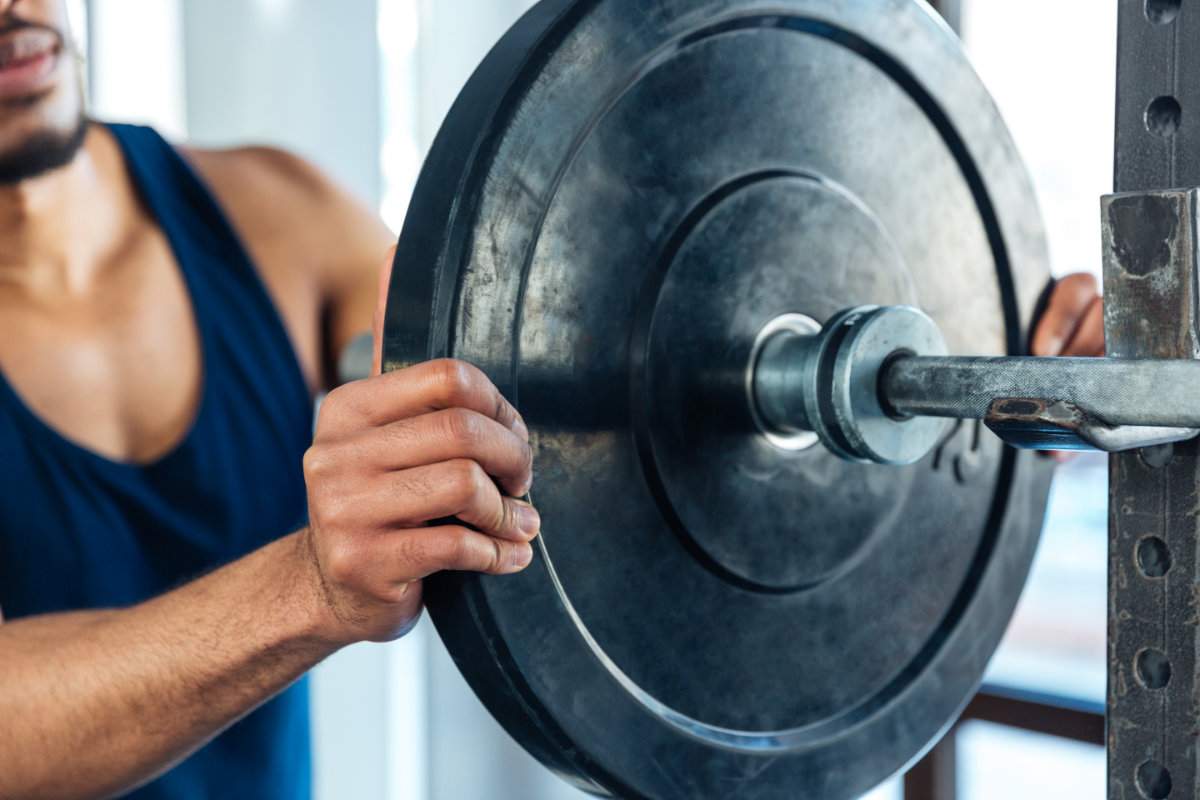Getting fit shouldn’t feel like just another number at a crowded gym. Boutique personal training offers smaller, specialised studios that prioritise quality over quantity.
How Is Boutique Training Different?
You get dedicated attention in private or semi‑private settings with expert coaches who know your name. Studios typically cap sessions at 10–20 clients, not hundreds.
People working with dedicated trainers are far more consistent—sticking with routines about 78% more than those training alone—because every session is tailored to goals, injuries, and day‑to‑day needs.
What Does It Cost In Melbourne?
Typical Pricing
- 1:1 sessions: $80–$120 each
- Small groups (2–4): $35–$60 per person
- 10‑session packs: ~$750–$1,000
- Monthly unlimited: ~$300–$450
You’re paying for expertise, personalised programming, and outcomes—not just access to equipment.
Results You Can Expect
With sound training and nutrition, many clients lose 5–15 kg in the first three months and progress faster than training alone.
Common Benefits
- Strength increases within 2–3 weeks
- Better posture and less back pain
- Higher daily energy and better sleep
- Lower stress and anxiety symptoms
About 150 minutes of weekly strength work can reduce depression and anxiety symptoms by 40–60% in many people.
Who Is It For?
Best Fits
- Beginners needing form coaching to avoid injury
- Busy professionals seeking flexible, efficient sessions
- Over‑40s maintaining bone density and muscle mass
- Injury rehab with modified exercises
- Anyone who struggled with motivation or direction
Trainer Qualifications To Look For
Must‑Haves
- Certificate III & IV in Fitness (minimum)
- First Aid and CPR (current)
- Specialty certs (strength, nutrition, rehab)
- Registration with Fitness Australia or Physical Activity Australia
- Professional indemnity insurance
Ask to see credentials and hear their coaching philosophy.
How Often Should You Train?
Train 2–3 times weekly for optimal fat loss and muscle gain—enough stimulus with time to recover.
Twice weekly delivers most of the gains of four sessions for general populations. Add daily steps and simple mobility “homework” to accelerate progress.
Your First Session
Expect Assessment, Not Exhaustion
- Health history, medications, injury review
- Movement tests and baseline measures
- Goal setting with timelines
- Teaching 3–5 fundamentals with perfect form
A good first session informs your program; light soreness is normal, crippling fatigue isn’t.
Support For Health Conditions
Qualified trainers can coordinate with your GP to train safely with conditions like Type 2 diabetes, osteoporosis, heart disease, chronic pain, and mental health needs.
Choosing The Right Studio
Try Before You Commit
- Vibe: Do you feel welcomed?
- Coaching: Are cues and corrections consistent?
- Cleanliness: Well‑maintained space and gear
- Results: Real client transformations
- Location: Within 15 minutes of home/work
Use $20–$40 trial sessions to find your best fit.
FAQ
How fast will I see results?
Expect strength and energy improvements in 2–3 weeks and visible changes by weeks 6–8 with consistent training.
Do I need to be fit first?
No—programs are tailored to all levels and progress safely from your starting point.
What should I eat around sessions?
Have protein plus carbs 1–2 hours pre‑training; consume at least 20 g protein within an hour post‑session.
Can I train if I’m injured?
Usually yes with modifications and, for serious issues, medical clearance. Trainers can liaise with your physio.
What if I’m too busy?
Flexible schedules (early, lunchtime, evening) make once‑weekly coached sessions plus homework more effective than multiple unsupervised workouts.
Bottom Line
Boutique personal training costs more than big‑box memberships but delivers tailored coaching, fewer injuries, and faster results. Investing $300–$400 monthly in expert guidance often saves time, money, and frustration long‑term.
Trial 2–3 studios, choose a coach whose approach fits, and commit to 12 weeks of consistent work—enough time to build the habit and see real, lasting change.


